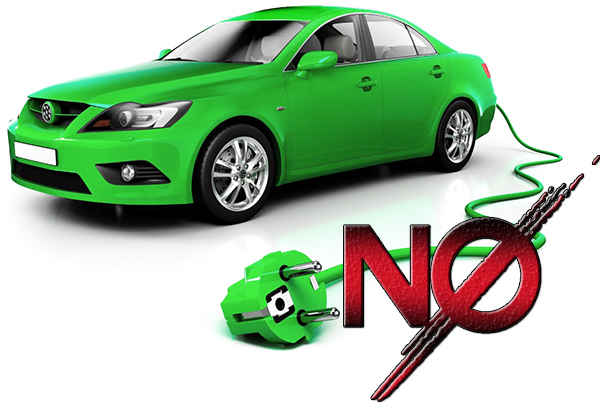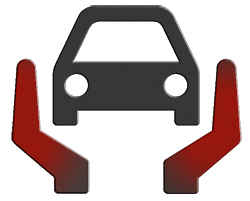Why do people hate electric cars?

Reasons Why Some People Dislike Electric Cars:
Range Anxiety
One of the primary concerns about electric vehicles (EVs) is range anxiety, which refers to the fear of running out of battery power before reaching a charging station. This anxiety is exacerbated by perceptions of limited charging infrastructure, especially in rural or less populated areas.
Charging Infrastructure
In many regions, the charging infrastructure for electric cars is not as extensive or convenient as traditional gas stations. Some drivers worry about finding charging stations, especially on long journeys or in unfamiliar locations.
Initial Cost
Electric vehicles generally have a higher upfront cost compared to their gasoline counterparts. This cost can be a deterrent for potential buyers, despite potential long-term savings on fuel and maintenance.
Charging Time
Charging an electric car takes longer than filling up a gas tank, especially with current fast-charging technologies. This inconvenience is a barrier for some consumers who are accustomed to the quick refueling process of gasoline cars.
Perceived Performance
While modern electric cars can be quite fast and responsive, there is still a perception among some consumers that electric vehicles do not offer the same level of performance or driving experience as gasoline-powered cars, particularly in terms of acceleration and handling.
Battery Life and Longevity
Concerns about battery life and the longevity of electric vehicle batteries persist. Questions about how long the batteries will last before needing expensive replacement, and how well they will perform over time, influence some consumers’ decisions against buying EVs.
Environmental Impact of Battery Production
Although electric cars are often seen as environmentally friendly in terms of emissions during operation, there are concerns about the environmental impact of producing batteries. Mining for lithium and other materials used in batteries can have significant environmental consequences.
Limited Vehicle Options
Compared to the wide variety of gasoline-powered vehicles available on the market, the selection of electric vehicles, especially in certain categories like trucks and SUVs, has historically been more limited. This restricts consumer choice for those who need specific types of vehicles.
Interesting Information on Electric Cars

In recent years, electric vehicles have made substantial progress, including advancements in battery technology, extended range capabilities, and enhanced charging infrastructure. Many countries and automakers are investing heavily in electric vehicle development to reduce greenhouse gas emissions and dependence on fossil fuels. For example, Norway has been a leader in electric car adoption, with EVs accounting for a substantial portion of new car sales.
Recent Developments

As of 2024, electric vehicles continue to gain popularity worldwide. Major automakers are expanding their electric vehicle lineups, introducing new models with longer ranges and faster charging capabilities. Governments are also incentivizing the adoption of electric vehicles through subsidies, tax breaks, and investments in charging infrastructure.
These developments indicate a growing shift towards electric mobility, despite ongoing challenges and concerns among some consumers.
Recent News on Electric Vehicles


- Expansion of Charging Infrastructure
Across the United States, there has been a significant push to expand the electric vehicle charging infrastructure. Initiatives led by both government and private sectors aim to increase the number of charging stations, making EV ownership more convenient for Americans.
- Automaker Commitments to EVs
Major automakers – example: Ford, General Motors, and Tesla are ramping up their efforts in electric vehicle production. Ford has announced plans to invest heavily in electric vehicles, aiming for a majority of its sales to be electric by the end of the decade.
- Policy Support for EV Adoption
Federal and state governments are introducing policies to support the adoption of electric vehicles. This includes incentives – example: tax credits for EV purchases, funding for charging infrastructure projects, and initiatives to phase out gasoline-powered vehicles in favor of electric alternatives.
- Technological Advancements
Advances in battery technology continue to drive improvements in electric vehicles. Companies are working on next-generation batteries that promise longer ranges, faster charging times, and improved durability, addressing some of the concerns consumers have about EVs.
- Global Trends in EV Sales
Globally, electric vehicle sales have been on the rise, with countries like China and European nations leading the charge. This trend reflects growing consumer interest in electric mobility and efforts by governments to reduce carbon emissions from transportation.
These developments underscore a dynamic shift towards electric vehicles as a pivotal component of future transportation solutions, both in the United States and worldwide.












